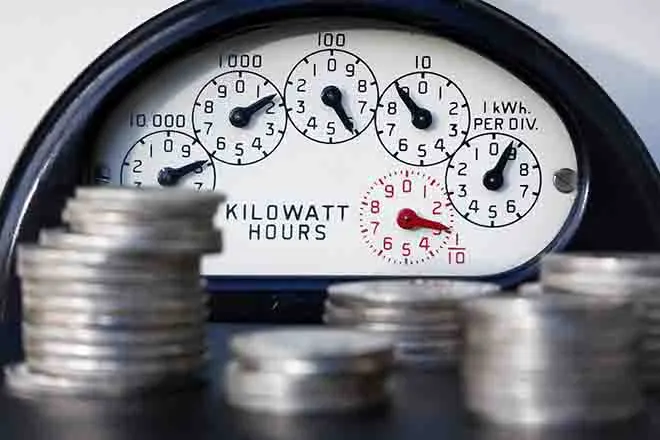
Kentucky bill would limit renewables, keep aging power plants longer
© iStock - zhaojiankang
Click play to listen to this article.
(Kentucky News Connection) Kentucky House lawmakers are considering a bill that could make it harder to close aging coal-fired power plants.
At the Kentucky Resources Council, Program Attorney Bryon Gary said the bill is part of the larger legislative effort to tip the state's energy planning process in favor of the coal industry.
He explained Senate Bill 349 would create a new "energy planning and inventory" commission tasked with reviewing utilities' plans to retire their aging plants.

© iStock
"To artificially limit what resources a utility can build," said Gary, "and to artificially require them to keep running power plants that are well beyond their useful life and incredibly expensive to run, is just going to make the problem worse."
The bill's sponsor, state Senator Robby Mills, R-Henderson, and supporters say the change is needed to ensure the state has a reliable power supply.
Kentucky has several aging coal-fired power plants from the 1970s and 1980s that are no longer economically competitive and are set to be decommissioned within several years.
President of LG&E and KU Energy John Crockett said creating the new commission isn't in customers' best interest.
"It's a group that's almost entirely without expertise in generating or distributing electricity," said Crockett. "And it's designed to promote and perpetuate coal generation outside of a traditional 'least cost reasonable' analysis that has served Kentucky well for decades."
Gary added the bill also would impose a six-month deadline for the state's utility regulator to make decisions for certain types of cases.
He said this could silence voices from low-income communities and other groups affected by rate hikes.
"And would weaken the due process protections for all parties involved," said Gary, "by shortening the timeline for things that are essential to make sure that cases are fully heard and vetted, such as discovery and a hearing and briefing of all the parties."
The Kentucky Energy and Environment Cabinet and the Public Service Commission warn the bill doesn't allocate funds to cover costs related to the new commission.
They're also concerned about the bill's time limit for fuel adjustment clause proceedings, which help return millions of dollars in utility bill refunds to Kentucky customers.














